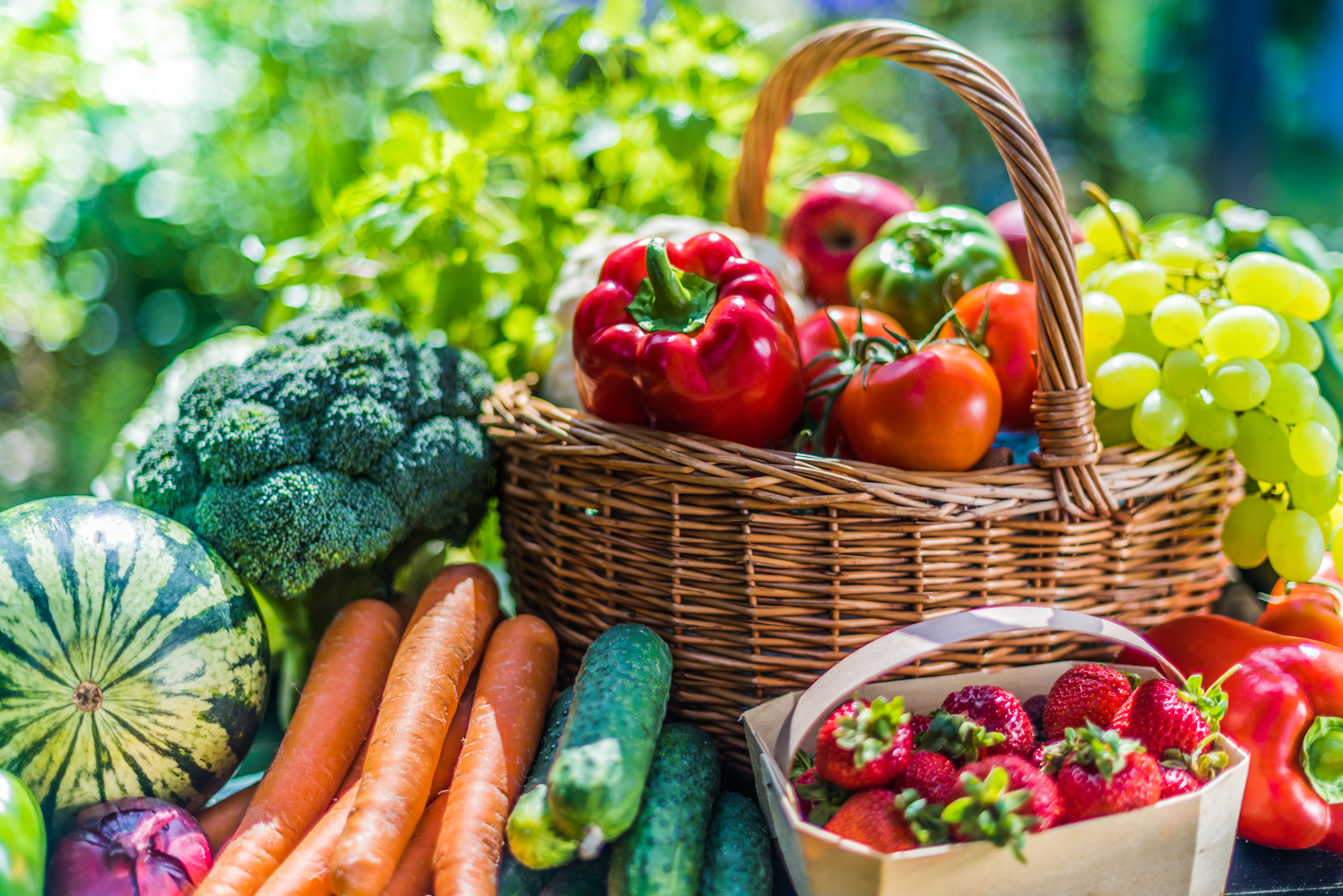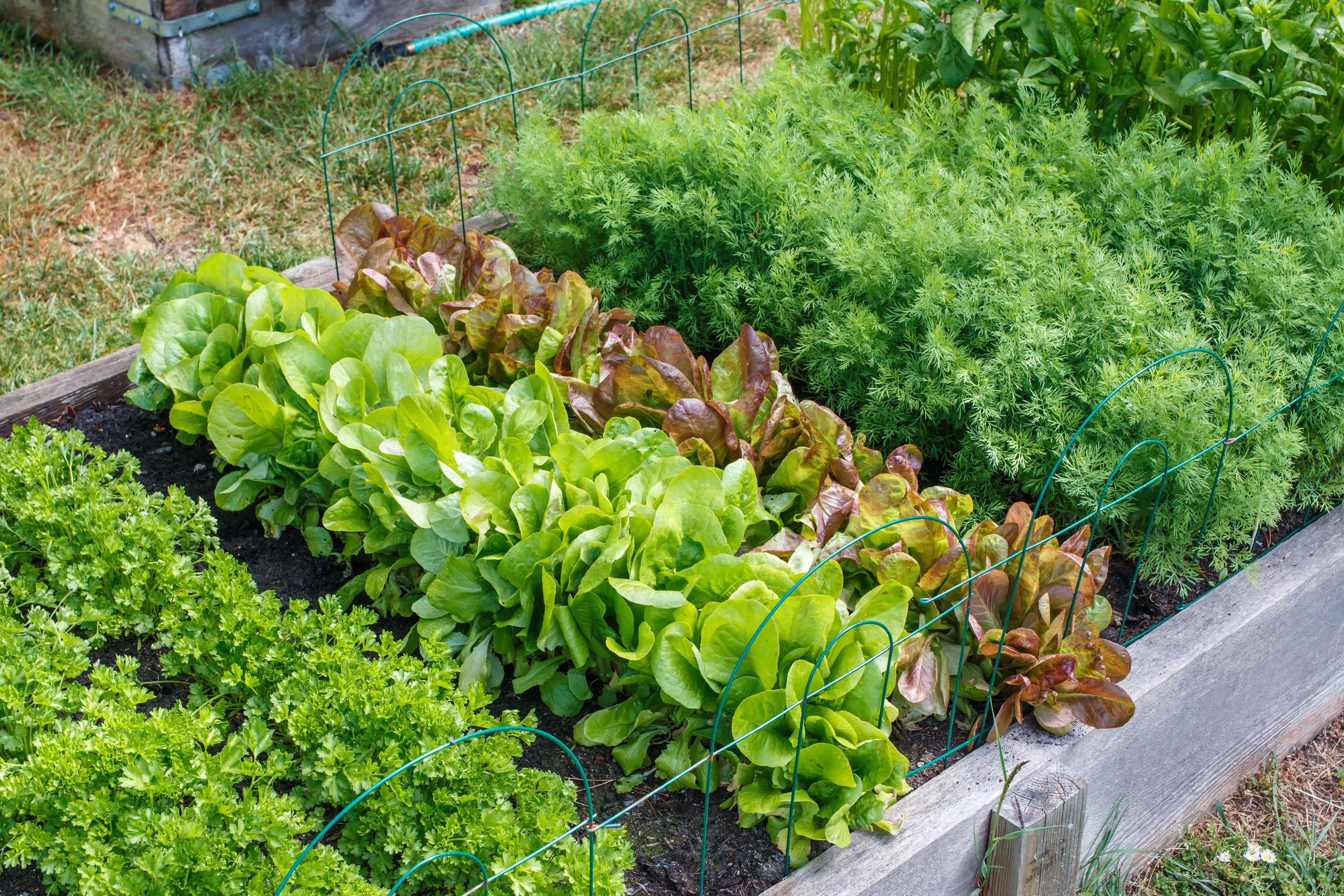The Benefits of Sustainable Farming: Insights from Experts
Understanding Sustainable Farming
Sustainable farming is an approach to agriculture that focuses on producing food without compromising the ability of future generations to meet their needs. This method not only enhances environmental health but also promotes economic profitability and social equity. Experts in the field emphasize that sustainable farming is critical to addressing the challenges of climate change, resource depletion, and food security.

Environmental Benefits
One of the primary advantages of sustainable farming is its positive impact on the environment. By reducing the use of chemical fertilizers and pesticides, sustainable practices help maintain soil health and reduce pollution. Techniques such as crop rotation, composting, and agroforestry play a vital role in enhancing biodiversity and conserving water. Experts agree that these methods reduce greenhouse gas emissions and enhance carbon sequestration, which are crucial for combating climate change.
Furthermore, sustainable farming encourages the preservation of natural ecosystems. By prioritizing the health of the land and its natural resources, farmers can ensure a balanced ecosystem that supports a wide range of plant and animal species. This not only helps in maintaining biodiversity but also contributes to the resilience of agricultural systems.
Economic Advantages
Sustainable farming practices can lead to significant economic benefits for farmers. By minimizing inputs such as synthetic fertilizers and pesticides, farmers can reduce production costs and increase their profit margins. Additionally, sustainable practices often result in higher quality produce, which can fetch premium prices in the market.

Moreover, sustainable farming can open up new economic opportunities by tapping into growing consumer demand for organic and responsibly produced products. Participating in local markets and community-supported agriculture programs can further enhance income stability and foster stronger connections between farmers and consumers.
Social and Community Impact
The social benefits of sustainable farming are equally important. This approach supports rural communities by creating jobs and enhancing food security. Small-scale farms often rely on local labor, which helps boost local economies and ensures that more money stays within the community.

Furthermore, sustainable farming practices encourage knowledge sharing among farmers. By participating in cooperative networks, farmers can exchange insights, resources, and techniques to improve their practices. This collaborative approach not only fosters innovation but also strengthens community bonds.
Expert Insights on the Future
Experts agree that the future of agriculture lies in sustainable practices. As global populations continue to rise, the demand for food will increase, making it imperative to adopt farming methods that are both productive and environmentally sound. By investing in sustainable practices, farmers can ensure long-term viability and resilience against environmental changes.
For those looking to transition to sustainable farming, experts recommend starting with small, manageable changes. Implementing crop rotation or reducing chemical inputs are excellent first steps. Over time, these incremental changes can lead to significant benefits for both farmers and the planet.
Conclusion: A Path Forward
The benefits of sustainable farming are clear: it offers environmental protection, economic profitability, and social equity. By embracing sustainable practices, farmers can contribute to a healthier planet and a more robust agricultural system. As consumers continue to demand responsibly sourced products, the shift towards sustainability is not only beneficial but necessary for the future of food production.